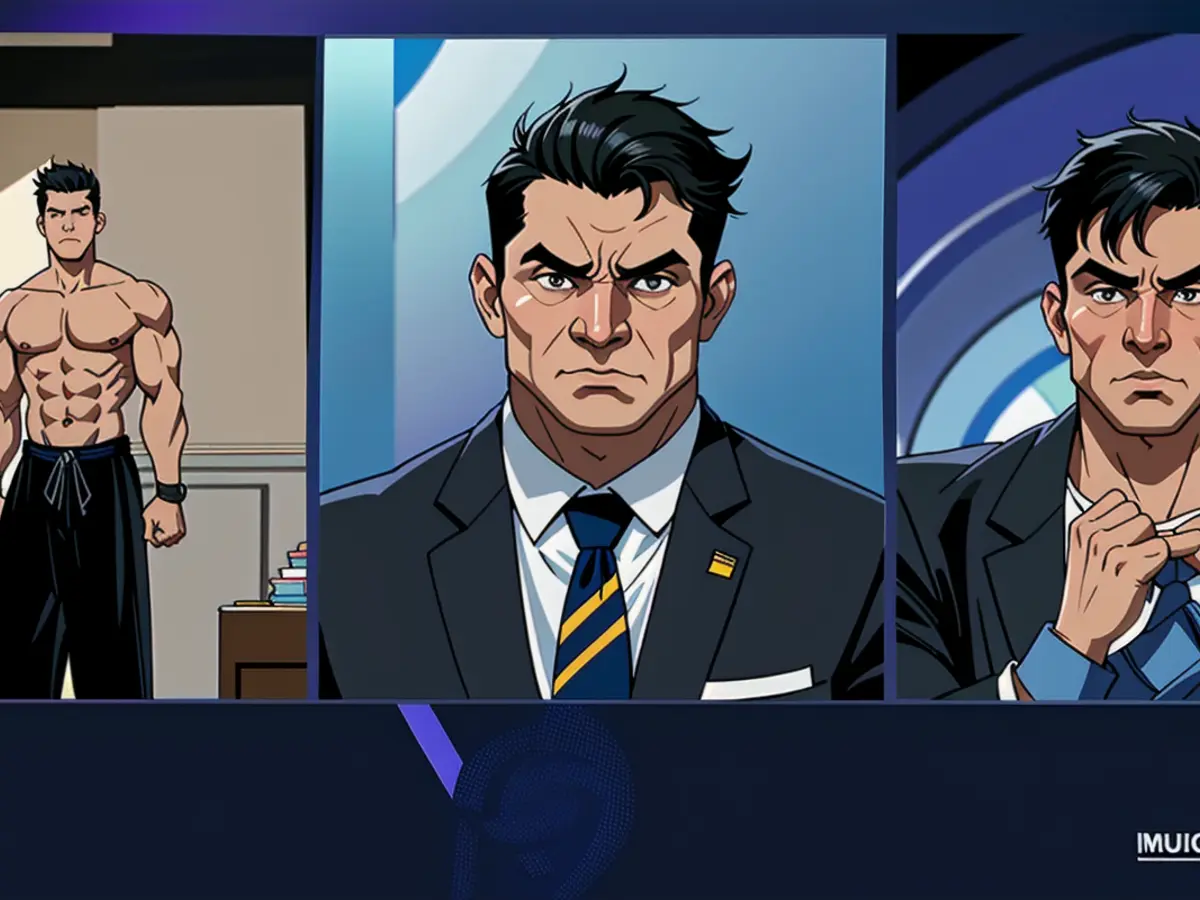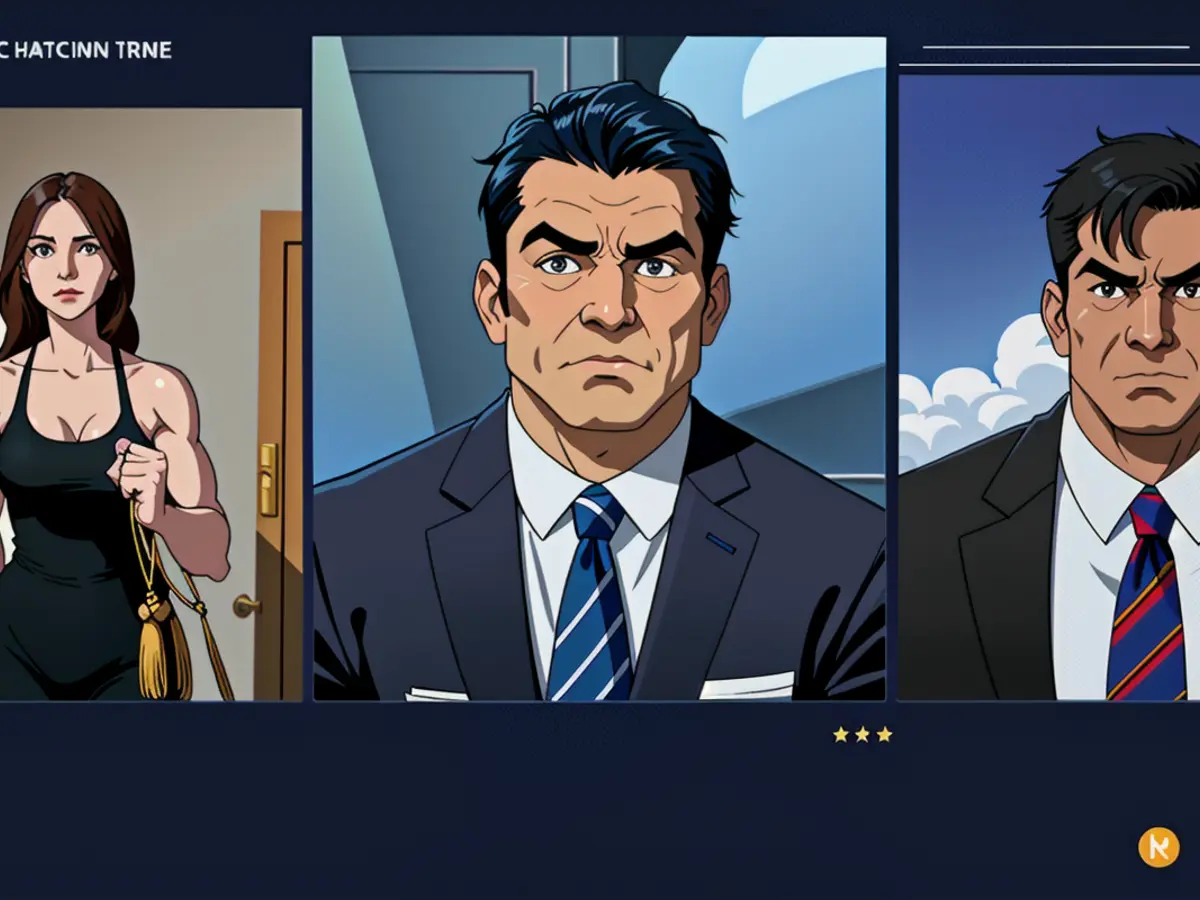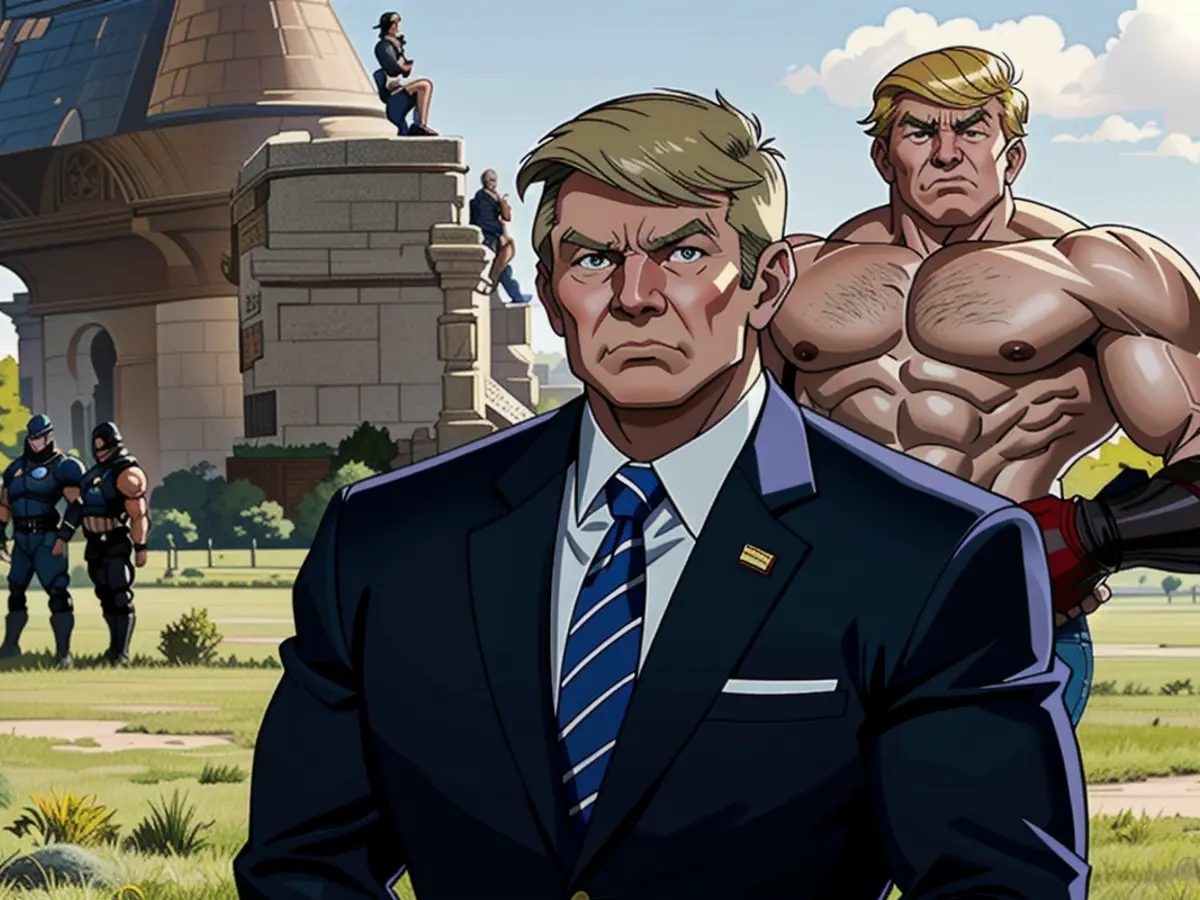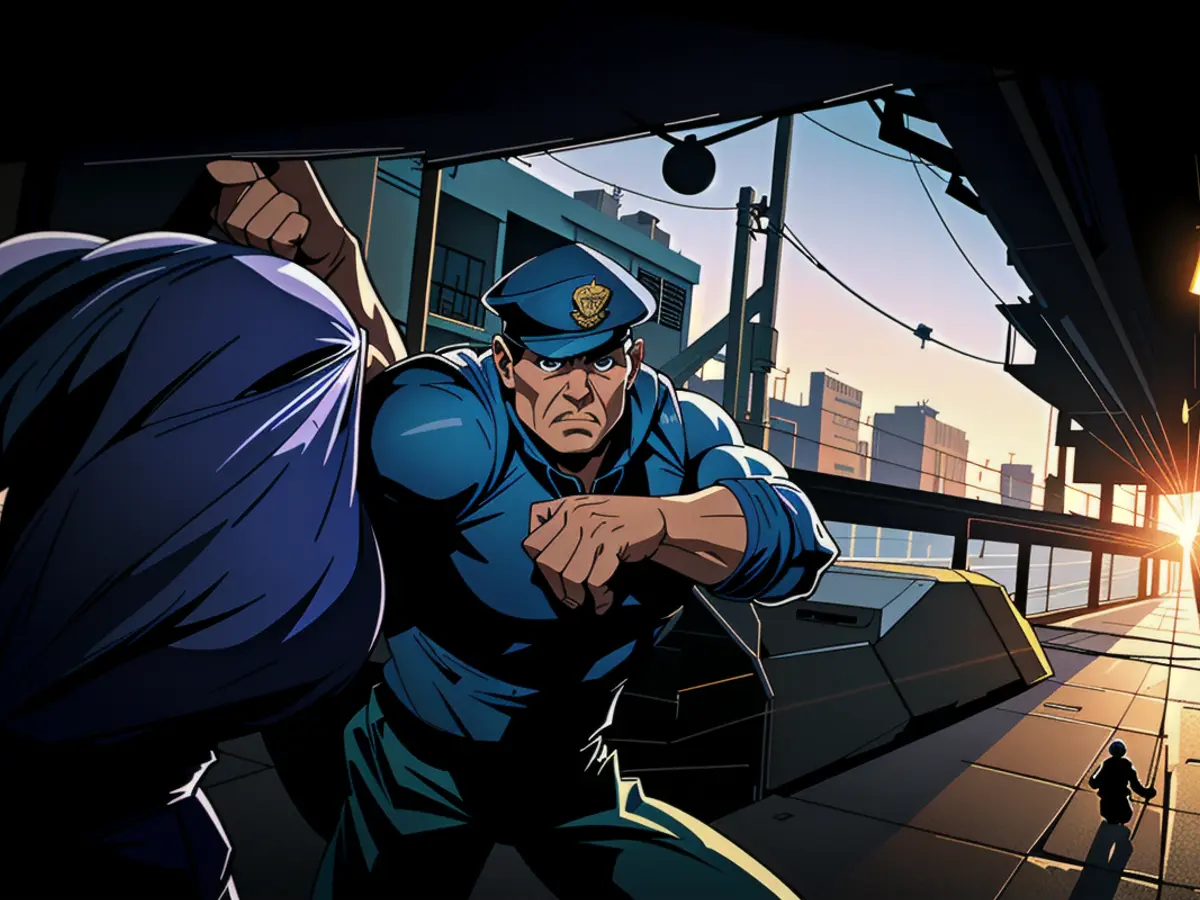"Evading U.S. Justice": Accused Gang Leader Deported to El Salvador, Escaping Prosecution Historically
In the midst of a heated legal and political squabble, the US quietly dropped charges against a prominent MS-13 gang leader and shipped him back to El Salvador, landing right in the lap of Salvadoran President Nayib Bukele – a move that's raised eyebrows and questions.
César Humberto López-Larios, a top MS-13 honcho, was deported aboard one of those controversial flights, according to US officials and court documents. This deal benefits the president of El Salvador, who enjoys favor among pro-Trump US conservatives.
"He's a friend of mine," said President Donald Trump, speaking from the Oval Office. The deportations are part of the Trump administration's plan to pay El Salvador to detain immigrants accused of crimes and pushed out of the US.
The Justice Department has made it clear that bringing MS-13 leaders to trial in the US is a top priority. Loosing López-Larios, who is packed with potentially incriminating information against top Salvadoran officials, is a significant loss for investigators who've chased him for over a year.
López-Larios was arrested in 2024, charged by federal prosecutors in Brooklyn with directing MS-13 operations in the US, El Salvador, Mexico, and other countries. Fast-forward a week, and he was flown back to Central America as part of a broader deal. El Salvador accepted 238 alleged members of the Venezuelan gang Tren de Aragua held by the US in exchange.

This whole situation has become an intense legal and political battle. It revolves around whether the Trump administration violated an order from US District Judge James Boasberg to halt deportations under the Alien Enemies Act. The White House and allies have accused Judge Boasberg of meddling with Trump's executive powers and aiding terrorists.
Back in El Salvador, Bukele claims López-Larios will be an asset in their fight against the gang. The US alleges that top gang leaders, including López-Larios, made deals with the Bukele government to reduce the number of public murders in exchange for smoother operations.
Neither López-Larios' attorney, the Salvadoran Justice and Foreign Relations ministries, nor the President's office responded to requests for comment. This high-profile criminal, previously a target of Task Force Vulcan, could potentially reveal insights into the gang's operations in Mexico and the US, as well as deals made with government officials that helped gang members slip through the net of US prosecution.
López-Larios was awaiting trial in Brooklyn on charges including material support to terrorists and narco-terrorism conspiracy when US Attorney John Durham requested a judge to dismiss the charges, citing "sensitive and important foreign policy considerations." (The judge dismissed the case without prejudice.)

- The deportation of MS-13 leader César Humberto López-Larios, who was facing trial in the United States for leading operations in multiple countries, was part of the Trump administration's deal with El Salvador's President Nayib Bukele, raising questions and concerns due to the sensitive nature of the case.
- President Donald Trump, in a statement from the Oval Office, mentioned his friendship with López-Larios and echoed the administration's stance that the deportation was part of their plan to have El Salvador detain immigrants accused of crimes and pushed out of the US.
- The Justice Department has expressed concern over the dismissal of charges against López-Larios, as he was a key target in their investigation and was believed to possess crucial information that could shed light on the operations of MS-13 in Mexico and the US, as well as potential dealings with government officials that aided the gang's members evading US prosecution.










